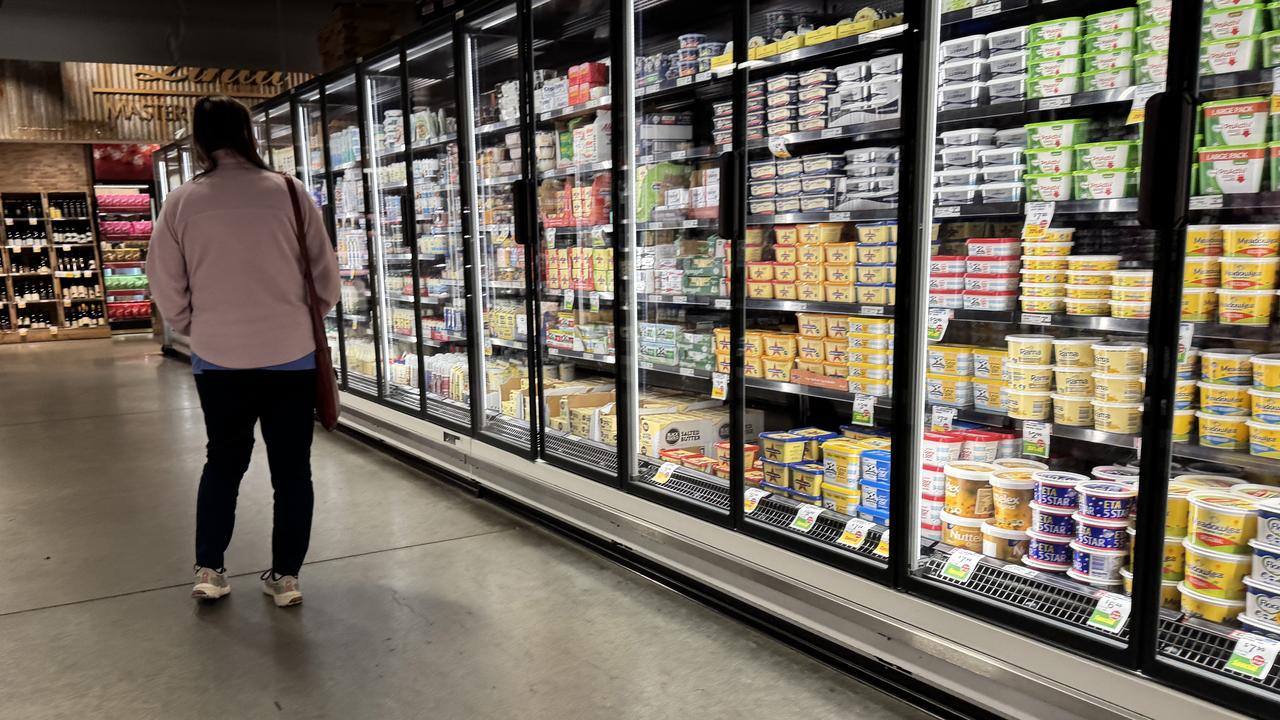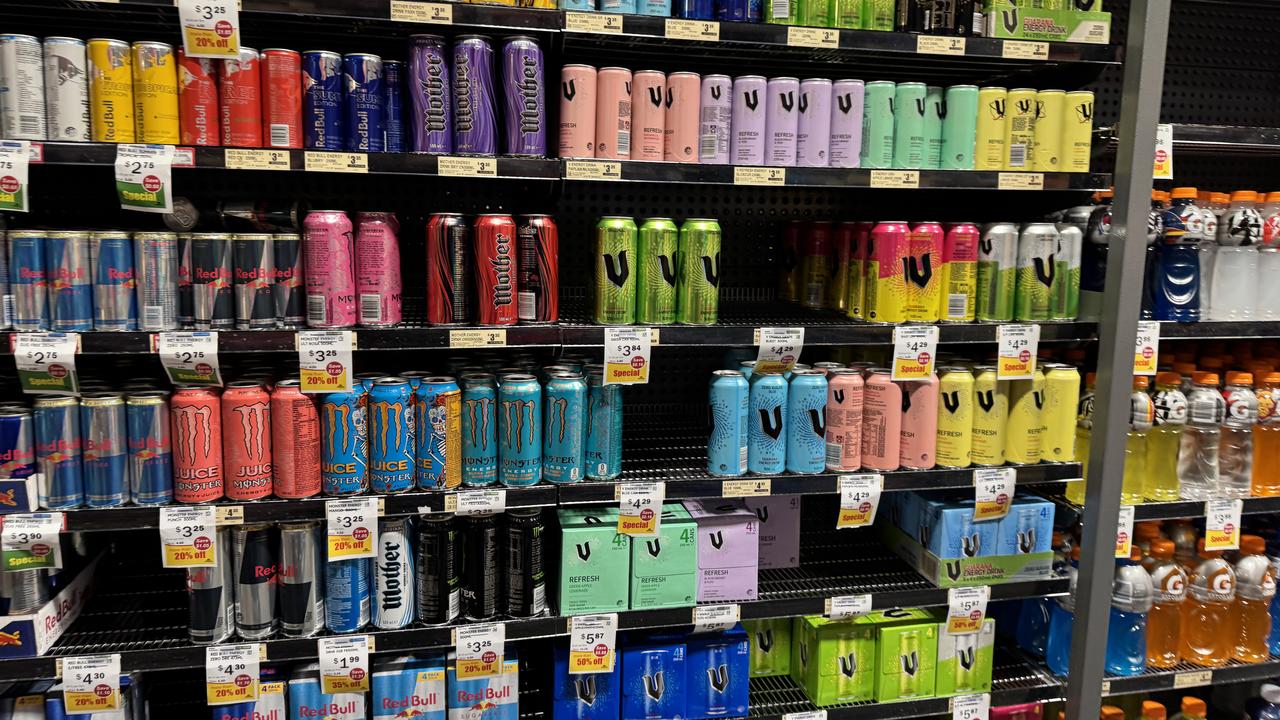
Shoppers could get the chance to dob in grocery retailers charging top dollar for shrinking products.
The federal government is exploring ways to ensure consumers get value for their money at the checkout, by strengthening the unit pricing code.
A public consultation kicks off on Monday seeking consumer feedback on the introduction of a new "shrinkflation" notification regime to name and shame brands, as well as a proposal to make unit price displays more readable and impose fines for non-compliant retailers.
Assistant Minister for Treasury Andrew Leigh said clearer information means Australians will be able to spot changes to product sizes and decide if it's value for money.
"If a chocolate bar loses two squares but keeps the same price, that's not magic - it's shrinkflation," Mr Leigh said.
"We want feedback on what steps we can take next to crack down on diminishing sizes."

An Australian Competition and Consumer Commission supermarket inquiry report, released in February, recommended that supermarkets publish notifications when product sizes change, but prices remain the same.
Last year, independent consumer advocacy group Choice identified 15 supermarket products that had reduced in size, with the price remaining the same or increasing.
The examples included Coles' Mighty Grain cereal, which was being sold in 560g packets in October 2022, but by March 2024 was being sold in 495g packages, yet the price remained the same at $4.50. It now sells for $5.
"Consumers deserve more information when shrinkflation occurs," Choice chief executive Ashley de Silva said.
Mr de Silva noted that major Australian supermarkets appeared to be among the most profitable in the world despite a cost-of-living crisis.
"We need to fix the power imbalance between supermarkets and consumers and price transparency will help us do that," Mr de Silva said.

.png?w=600)





